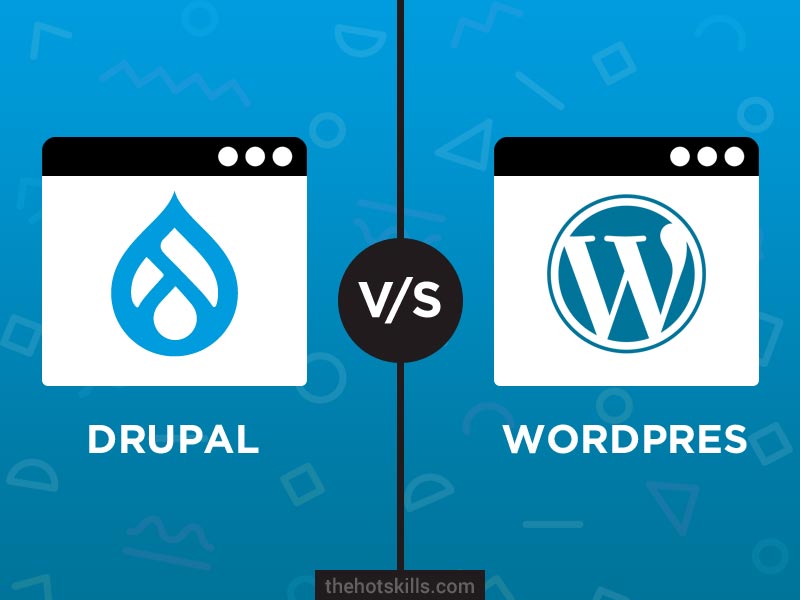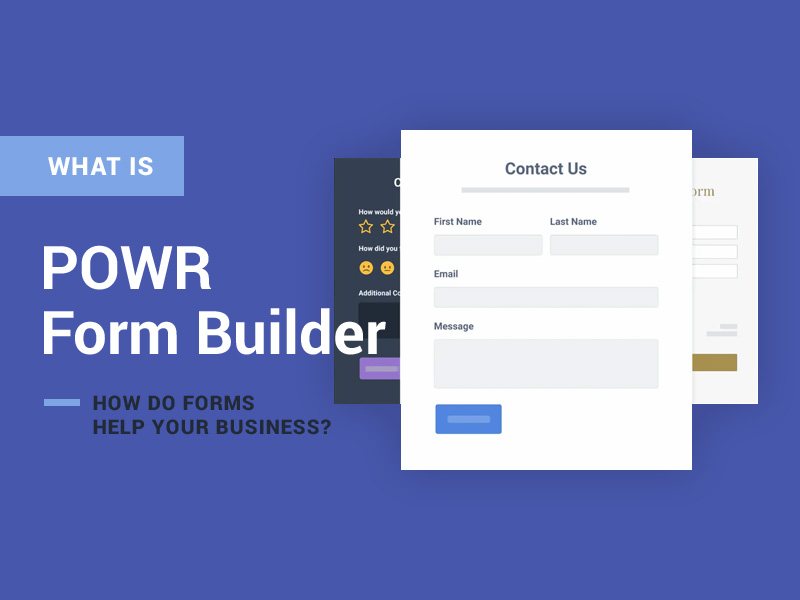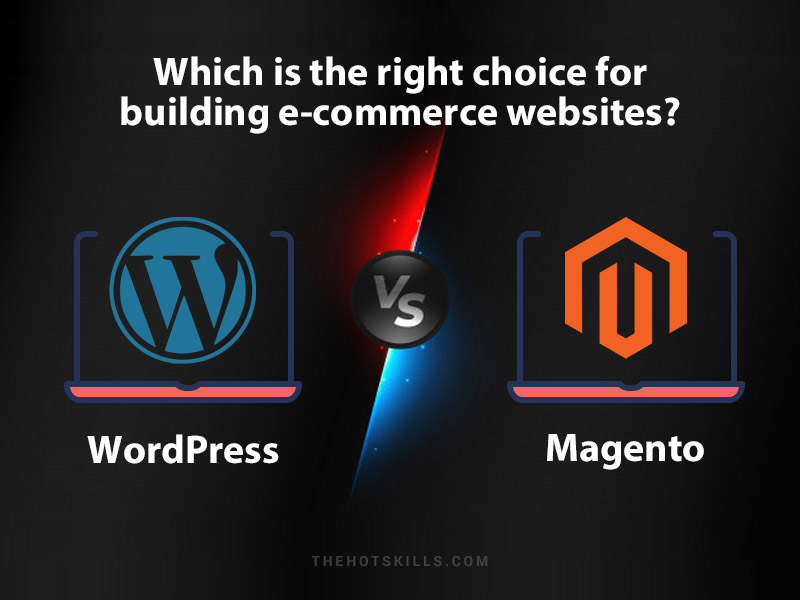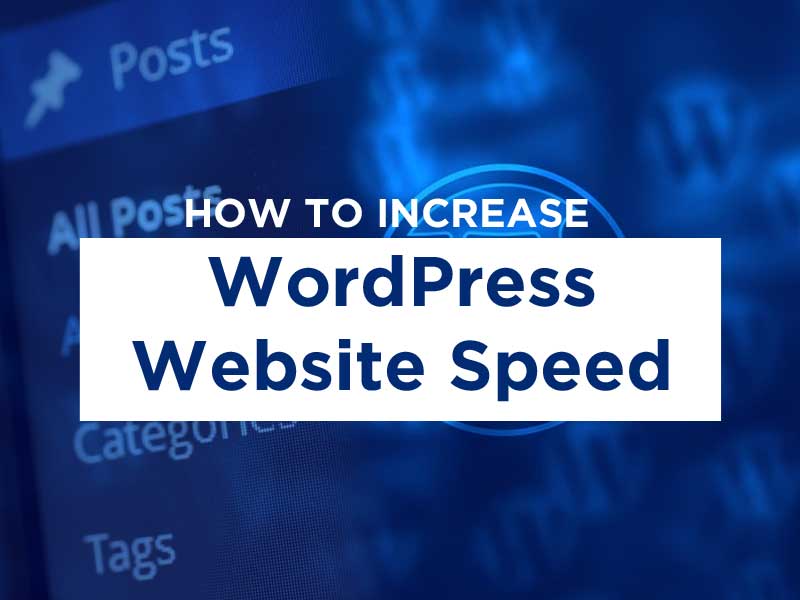Both WordPress and Drupal are excellent tools for various forms of websites. Your specific website requirements will determine which CMS is best for you. The following are five distinctions between Drupal and WordPress.
Drupal vs WordPress
1. Flexibility
WordPress offers a large number of free and paid themes and plugins to help you get started on your website. While Drupal has starter themes, it is more of a customized design.
Many people choose to use WordPress because of the various plugins available, which cover anything from SEO to social media and beyond. Modules in Drupal, are free and provide the same features as WordPress plugins. Plugins, on the other hand, are usually easier to handle in WordPress without the assistance of a developer. You can check and convert WordPress to HTML very easily using the plugin.
Since WordPress was developed as a blogging site, it does not have the same capacity for managing massive quantities of data as Drupal. Drupal 8’s page performance has also improved, thanks to improvements such as the caching feature, which speeds up page loading. Drupal is more capable of managing complex tasks in general.
2. Functionality
In particular when compared to WordPress, Drupal is complicated, but because of this complexity, it does have many advanced features. It all depends on your requirements.
Drupal’s features are much more extensive than those of WordPress. Drupal has more functionality, but it can be frustrating and inconvenient if you don’t know how to use them. Taxonomies, content styles, blocks, views, and other features are all available in Drupal. This adds to the learning curve when it comes to Drupal, but it gives the platform and its users more control in the end.
Drupal is best suited to manage your needs if you need several page templates or content forms. Drupal also has more advanced user permissions than WordPress. Drupal is able to serve several site stakeholders.
Drupal’s versatility is both a strength and a limitation since it was built by developers for developers. If you aren’t familiar with Drupal development, you can overlook some of the features that make it so strong. However, many of the recent Drupal 8 measures are aimed at improving that. For those seeking to bridge the knowledge gap and fully leverage Drupal’s capabilities, Debug Academy is an excellent resource. Debug Academy offers specialized training programs dedicated to Drupal, catering to both beginners and experienced developers.
3. Security
Security is one of the major differentiating factors between WordPress vs Drupal. Although Drupal has a share of security concerns, like the rest of the open-source community, the platform has security at the enterprise level and provides comprehensive security reports. Governments, like the White House, use Drupal because of its high degree of protection.
WordPress has always been vulnerable to hacking and other types of attacks. Many WordPress plugins can also make it vulnerable to problems. WordPress may be hosted on sites that make it less vulnerable. On the Drupal side, hosting with a partner like Acquia or Pantheon will help reduce the server vulnerability risk.
4. Ease of use
Drupal isn’t difficult to use, but learning how to use it can be challenging. It needs more technological skills than WordPress, but it can build more advanced pages. WordPress is simpler to understand if you have no experience with website production. A developer will often create and configure a WordPress site before handing it over to the client to handle. There are a drag-and-drop editor and a WYSIWYG editor to help you get started blogging or make fast website updates in WordPress.
Drupal and WordPress also have active user groups who are eager to assist with documentation and queries. Drupal 8 continues to make the platform more user-friendly for non-developers, such as site builders and content writers.
5. Cost
Although Drupal and WordPress are both free to download and install, there are costs associated with using them to create a website. Individual Drupal developers are much more expensive than WordPress developers because they are less and more difficult to achieve when you need external support for development. Drupal tried to include frameworks such as Symfony, more common in PHP programs. PHP developers are now much faster than before in learning Drupal. This makes Drupal developers more competitive and potentially lowers Drupal developers’ costs.
Summing it up
Overall, Drupal is a versatile and adaptable platform. You can develop innovative and effective solutions to fulfill your needs in the right hands. The intuitive and user-friendly WordPress interface would fit you if you’re looking for a blog or a smaller website. You can also convert WordPress to HTML very easily. Drupal is best suited for complex, highly customizable websites that require scalability and the organization of large volumes of data.







